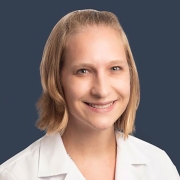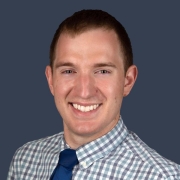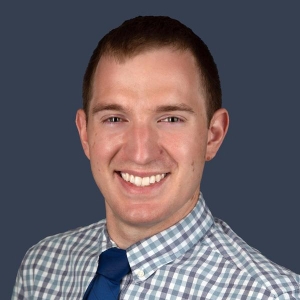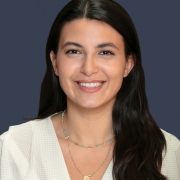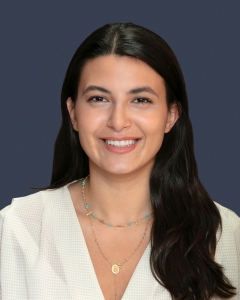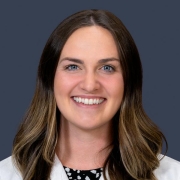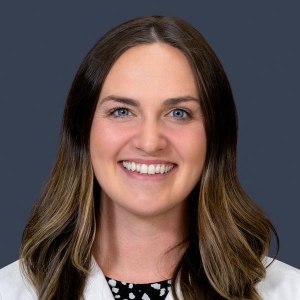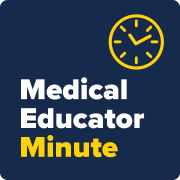People Profile – Dr. Kathy Stolarz

Kathy Stolarz, DO, FAAFP, (Family Medicine)
Kathy Stolarz, DO, FAAFP, (Family Medicine) dreams of a healthcare system where each and every patient has access to excellent care without regard to socioeconomic factors or type of health insurance.
“As the daughter of an immigrant and the granddaughter of Holocaust survivors, I am passionate about creating an inclusive healthcare system that addresses the needs of populations that experience adversity,” she explains.
This passion—and an interest in developing tangible skills to address healthcare disparities in her own backyard and across the globe—initially led Dr. Stolarz to become a Family Physician. Now, as the Associate Director of Global Health, MedStar Academic Affairs, she underscores how the recent pandemic made clear the importance of global health. “We cannot provide healthcare in a silo. The future of healthcare IS global health,” she says.
According to Dr. Stolarz, the opportunities at MedStar Health for global health engagement have allowed her to grow an international network of bidirectional partnerships, work with residents and faculty from all specialties across Medstar Health, and advocate to Senators and Congressmen on important healthcare issues.
And, through the MedStar-Georgetown Global Health Equity Track, Dr. Stolarz says MedStar Health is training the next generation of physicians to meet global health needs. She encourages interested MedStar Health GME learners to contact her and get involved. She also encourages GME learners to travel and experience another healthcare system outside of the United States, if possible, and explains, “Your eyes will be opened to the possibilities and opportunities that exist for change.”
In addition to her role in global health, Dr. Stolarz is also the Associate Program Director for the Department of Family Medicine at MedStar Franklin Square Medical Center and an Assistant Professor in the Department of Family Medicine at Georgetown University. Dr. Stolarz calls family medicine physicians the “Swiss Army Knives of healthcare” on account of their unique skillset and ability to care for patients of any age in a multitude of settings.
When she’s not caring for patients or training family medicine residents in the inpatient, outpatient, and labor and delivery settings, you can find Dr. Stolarz on hiking trails around Baltimore with her son, daughter, and husband or on the soccer field where she plays each week (and says she is actively recruiting other physicians to join her!).

